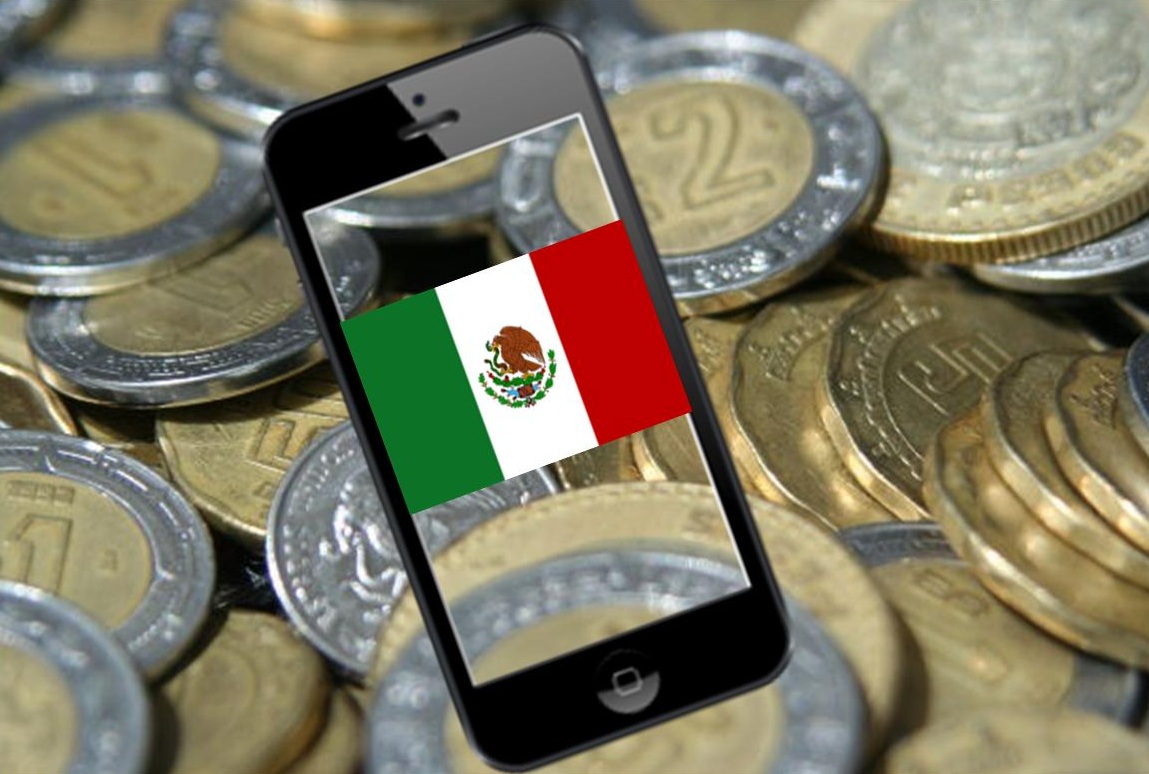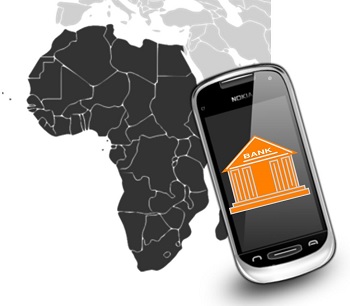Denny |
February 20, 2015
mPOS technology is now being adopted in a collaboration that is occurring between banks an tech vendors.
As a part of a greater effort to try to boost card based transactions and to encourage financial inclusion, banks in Mexico are now working with vendors providing mobile payments technology in order to be able to roll out mPOS solutions at small business locations.
This type of initiative is being encouraged by the Mexican government in order to boost cashless transactions.
In Mexico, current statistics show that about 70 percent of all purchases in the country are being made in cash. Moreover, cash and the informal economy is making up about 30 percent of that country’s GDP. Sixty four percent of the 1 million grocery stores in Mexico are small businesses that are typically family owned. This helps to illustrate the importance that businesses of that size have on the Mexican economy, and the difference they could make in the adoption of mobile payments technology.
The success of mobile payments in the country are greatly dependent on the adoption by mom-and-pop stores.
 According to the country manager for Visa Mexico, Luz Adriana Ramirez Chavez, “Mom-and-pop stores play a major part in Mexico’s retail economy, yet they lack the tools to compete effectively with larger retailers.” Ramirez Chavez went on to say that “By installing mPOS devices offering retail management software, they can have more control and grow their business. Also, when they start accepting cards, they benefit from higher sales tickets.”
According to the country manager for Visa Mexico, Luz Adriana Ramirez Chavez, “Mom-and-pop stores play a major part in Mexico’s retail economy, yet they lack the tools to compete effectively with larger retailers.” Ramirez Chavez went on to say that “By installing mPOS devices offering retail management software, they can have more control and grow their business. Also, when they start accepting cards, they benefit from higher sales tickets.”
In November, last year, Tableta Concanaco was launched. This is a program that is meant to provide SMEs and micro-businesses with mPOS technology. It was a combined effort between the Sistema de Administración Tributaria (SAT/Tax Administration system), the Mexican tax authority, and the Confederación de Cámaras Nacionales de Comercio, Servicios y Turismo (Concanaco – Servytur/Confederation of National Chambers of Commerce, Services and Tourism).
Beyond a subsidized tablet with a mobile payments point of sale subsidized software built in that provides electronic invoicing and inventory management, each of the business owners that participate in the program are also given a Visa debit card into which the card transactions from customers will be deposited.
Banks are now vying for a top spot in this marketplace where the potential for growth is astronomical.
The African marketplace is providing a rather unique mobile banking opportunity to financial institutions that are looking into new areas of considerable potential, as the majority of people there have cell phones, but do not have bank accounts.
This provides the opportunity to use mobile technology to bring services to a fresh banking market.
This concept is far from simply being theoretical. Mobile banking is already seeing explosive growth in many countries throughout Africa and now banks are hoping to be able to step into these economies in order to make sure that they don’t miss out on this new revenue stream. At the moment, many of these services are currently dominated by telecom companies, as is the case in Kenya. However, in that country, one of the largest banks in the country – Equity Bank – is entering into the battle in order to reclaim some of the turf that it has traditionally called its own.
Currently, M-Pesa holds the top spot as the most popular mobile banking service in Kenya.
 M-Pesa gives an individual in Kenya the ability to use a mobile wallet for receiving payments, sending funds to other users of the service, or even withdrawing cash from agents at roadside stands and convenience stores located throughout the country. The company, itself, is owned by Safaricom, which is a Vodafone Group subsidiary in Kenya.
M-Pesa gives an individual in Kenya the ability to use a mobile wallet for receiving payments, sending funds to other users of the service, or even withdrawing cash from agents at roadside stands and convenience stores located throughout the country. The company, itself, is owned by Safaricom, which is a Vodafone Group subsidiary in Kenya.
This service is providing banking services to individuals and business owners who have previously been unbanked. That said, it offers them a range of service that are highly useful to them. For example, it means that their funds can be kept in digital form so that their risk if they are robbed is considerably lower. Furthermore, individuals who live in rural areas but who migrate to the city to work there for weeks or months at a time can send funds back to their families without having to make the physical trip.
The M-Pesa mobile banking service first launched in 2007, and now it is handling an estimated $18 billion in annual transactions. This from individuals ranging from the pedicab drivers in Mombasa to the cattle herders in the distant villages of the Rift Valley, and everybody in between; nearly all of whom have previously been unbanked despite the fact that they make up approximately 43 percent of the economic output of the country.
 According to the country manager for Visa Mexico, Luz Adriana Ramirez Chavez, “Mom-and-pop stores play a major part in Mexico’s retail economy, yet they lack the tools to compete effectively with larger retailers.” Ramirez Chavez went on to say that “By installing mPOS devices offering retail management software, they can have more control and grow their business. Also, when they start accepting cards, they benefit from higher sales tickets.”
According to the country manager for Visa Mexico, Luz Adriana Ramirez Chavez, “Mom-and-pop stores play a major part in Mexico’s retail economy, yet they lack the tools to compete effectively with larger retailers.” Ramirez Chavez went on to say that “By installing mPOS devices offering retail management software, they can have more control and grow their business. Also, when they start accepting cards, they benefit from higher sales tickets.”
 M-Pesa gives an individual in Kenya the ability to use a mobile wallet for receiving
M-Pesa gives an individual in Kenya the ability to use a mobile wallet for receiving 